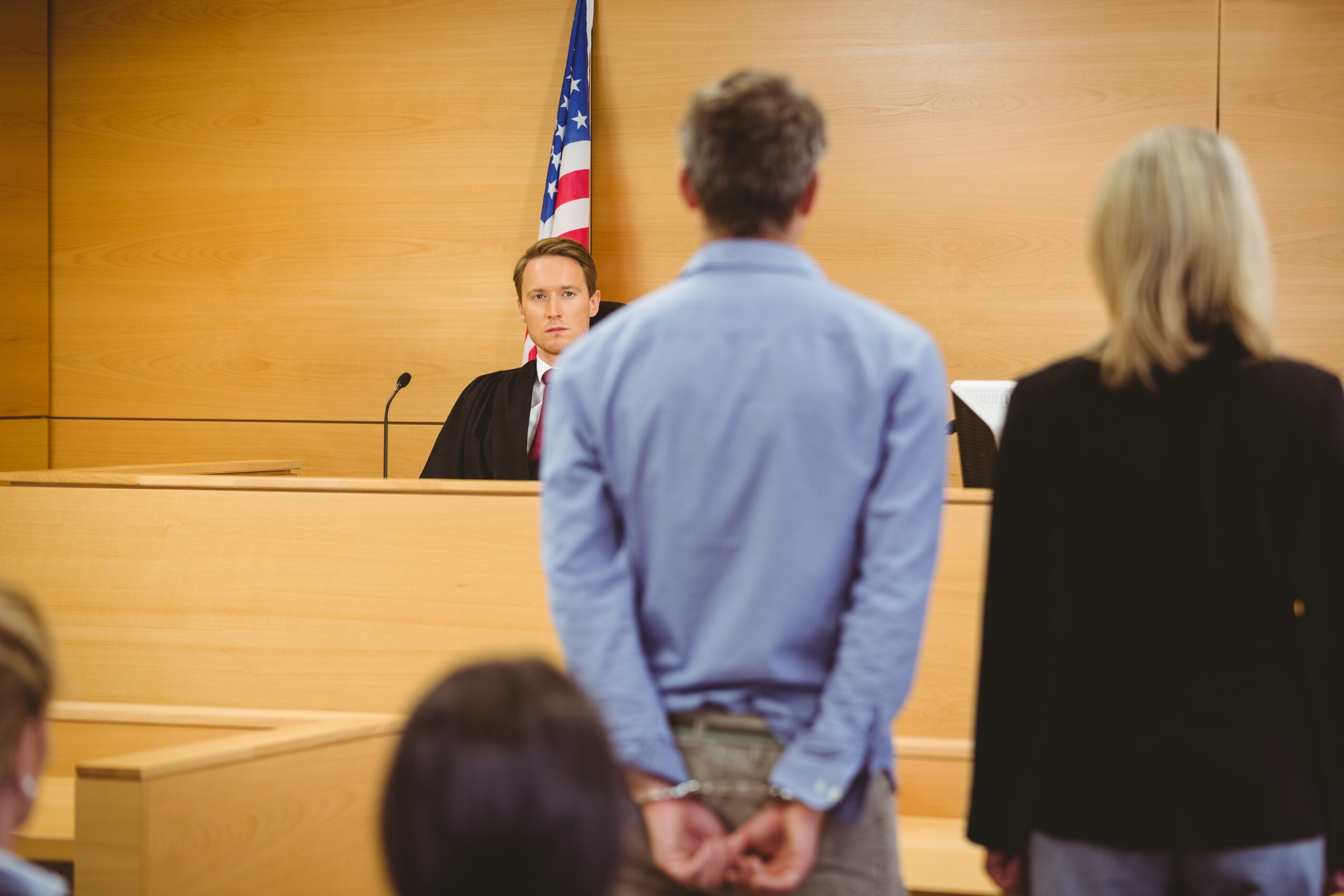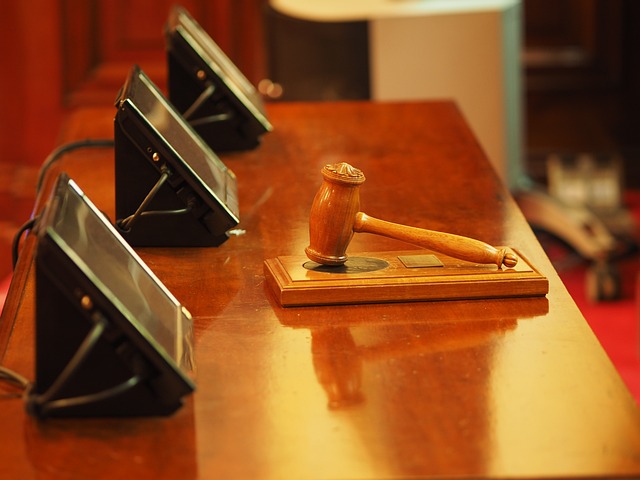If you are facing criminal charges in Texas, you may be wondering how long it will take to resolve your case. A criminal trial can take anywhere from a few days for a misdemeanor to several months for a complex felony. Please continue reading as we explore the factors that can influence how long a criminal trial lasts and how a determined Dallas County Criminal Lawyer can help protect your future.
What is the Average Time to Resolve a Criminal Case?
During a criminal trial in Texas, a judge and jury members will examine the evidence against you and then determine whether you are guilty of the alleged crime. If you have been accused of a felony offense, the trial will begin within six months of your arrest and last between two months and a year. Misdemeanor cases usually last for a shorter period.
In straightforward cases with limited evidence and few witnesses, a trial may be completed in a single day. However, in complex cases involving multiple charges, extensive evidence, numerous witnesses, and intricate legal arguments, a trial can extend for several weeks, months, or even years.
Furthermore, unforeseen circumstances such as illness, scheduling conflicts, or procedural issues can lead to delays, which prolong the duration of your criminal trial. That said, it can be difficult to predict the exact duration of a criminal trial, as it is contingent upon a wide range of factors that can influence its progression.
What Factors Impact How Long a Criminal Trial Will Last?
The length of a criminal trial can vary significantly depending on a multitude of factors. Some factors that can impact the duration of your case include:
- The complexity of your case: Cases that involve intricate legal issues and large volumes of evidence can drag out a criminal trial.
- The number of defendants: A case that involves multiple defendants will last much longer than a trial with only one defendant.
- The number of witnesses: A high number of witnesses called to testify requires cross-examinations, which can extend the duration of a criminal trial.
- Jury selection: A complex voir dire process can take considerable time as potential jurors are vetted to ensure a fair trial.
- Evidence type: If your case involves complex forensic evidence or expert testimony, it can take a longer time to represent and analyze this information.
- Legal motions: When several motions are filed by either side, it can cause delays that prolong the trial.
- The court’s schedule and availability: Backlogs in the court system can affect when a trial can begin and how quickly it can proceed.
At Spangler Law, we are prepared to advocate for your rights and fight for the best possible outcome for your case. Connect with our firm today to learn more about what we can do for you.



